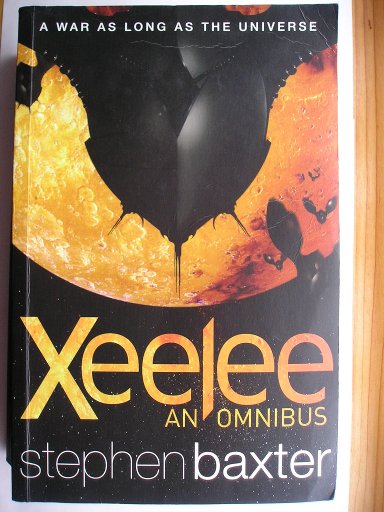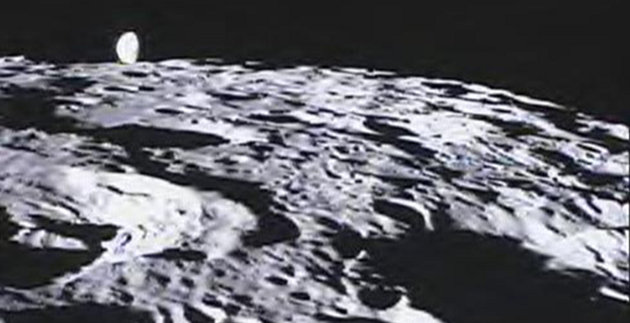
March 2012


Jets of organic materials from Saturn moon Enceladus
On March 27, 2012, the Cassini space proble passed at a height of just 74 km (46 miles) from the south pole of Enceladus. In this way, the probe has been able to use its Ion and Neutral Mass Spectrometer (INMS) and its Plasma Spectrometer (CAPS) to analyze the particles of the jets coming from this satellite. It was found that these jets contain organic materials and salts with a salinity level very similar to the Earth’s oceans.

A treasure hunt among the images from the Hubble Space Telescope
Many astronomers have worked on the images captured by the Hubble Space Telescope, yet only a fraction has received special attention and who knows how many others are very interesting but are virtually unknown. For this reason, two competitions were organized to involve the public in a kind of treasure hunt to search for the most beautiful space images.

Raft by Stephen Baxter
The novel “Raft” by Stephen Baxter was published for the first time in 1991. It’s considered the first novel in the Xeelee Sequence. In “Raft” you see Stephen Baxter’s style as one of the most important writers currently active in the hard science fiction genre. This novel is in fact set in another universe where gravity is much stronger than our universe and the scientific component is important.

The first pictures of the Moon taken by the GRAIL spacecraft
NASA started publishing photos of the Moon taken by the MoonKam (Moon Knowledge Acquired by Middle school students) of Ebb and Flow, the GRAIL (Gravity Recovery and Interior Laboratory) spacecraft. To be precise, between March 15 and 17, Ebb took pictures of the area selected by the fourth grade students from the Emily Dickinson Elementary School, Bozeman, Montana, who won the contest to name the two spacecraft.

